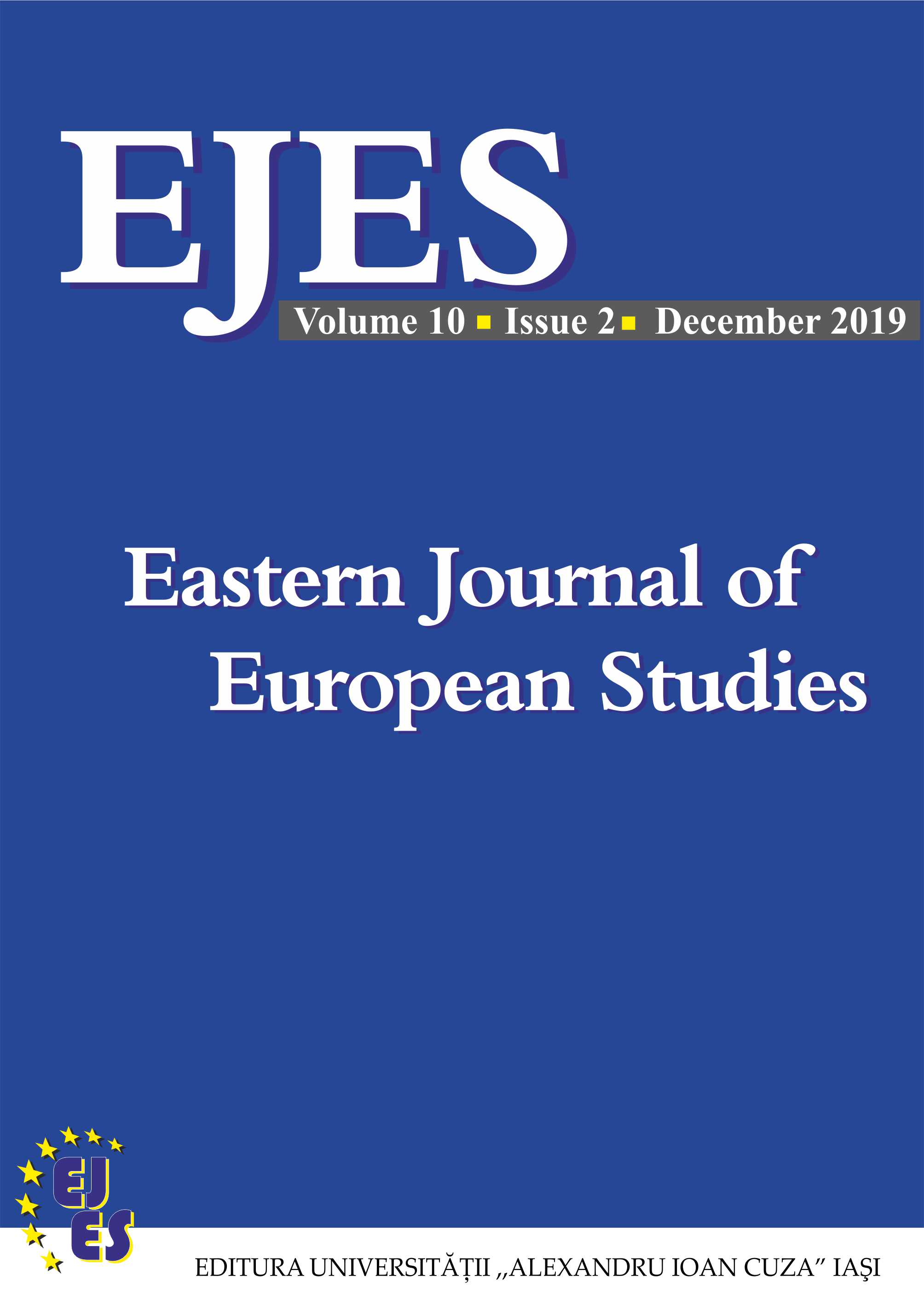The link between financial capital movements and the exchange rate in Turkey
The link between financial capital movements and the exchange rate in Turkey
Author(s): Özcan Karahan, Olcay ÇolakSubject(s): Economy, National Economy, Financial Markets, Public Finances
Published by: Editura Universităţii »Alexandru Ioan Cuza« din Iaşi
Keywords: exchange rate; financial capital movements; inflation targeting regime;
Summary/Abstract: This paper aims to analyze the short and long run impacts of financial capital inflows on the exchange rate in Turkey during the implementation of inflation targeting regime. Accordingly, the impact of financial capital flows on the exchange rate has been examined by using the ARDL model for the period between 2003 and 2018. Thus, our research contributes to the existing literature by examining the impact of capital inflows on the exchange rate in the short and long run separately. Besides, we consider the era of inflation targeting regime while analyzing the impact of capital flows on the exchange rate. Econometric results show that financial capital inflows have the potential to fluctuate the exchange rates in different directions in the short and in the long term. Thus, exchange rate volatility associated with capital movements have a significant potential to put the Turkish inflation-targeting regime in trouble. Therefore, capital inflows to Turkey should effectively be managed to stabilize the level of domestic prices. That means that monetary authorities, even under the inflation-targeting regime, should try to provide both price and exchange rate stability.
Journal: Eastern Journal of European Studies
- Issue Year: 10/2019
- Issue No: 2
- Page Range: 263-281
- Page Count: 18
- Language: English

